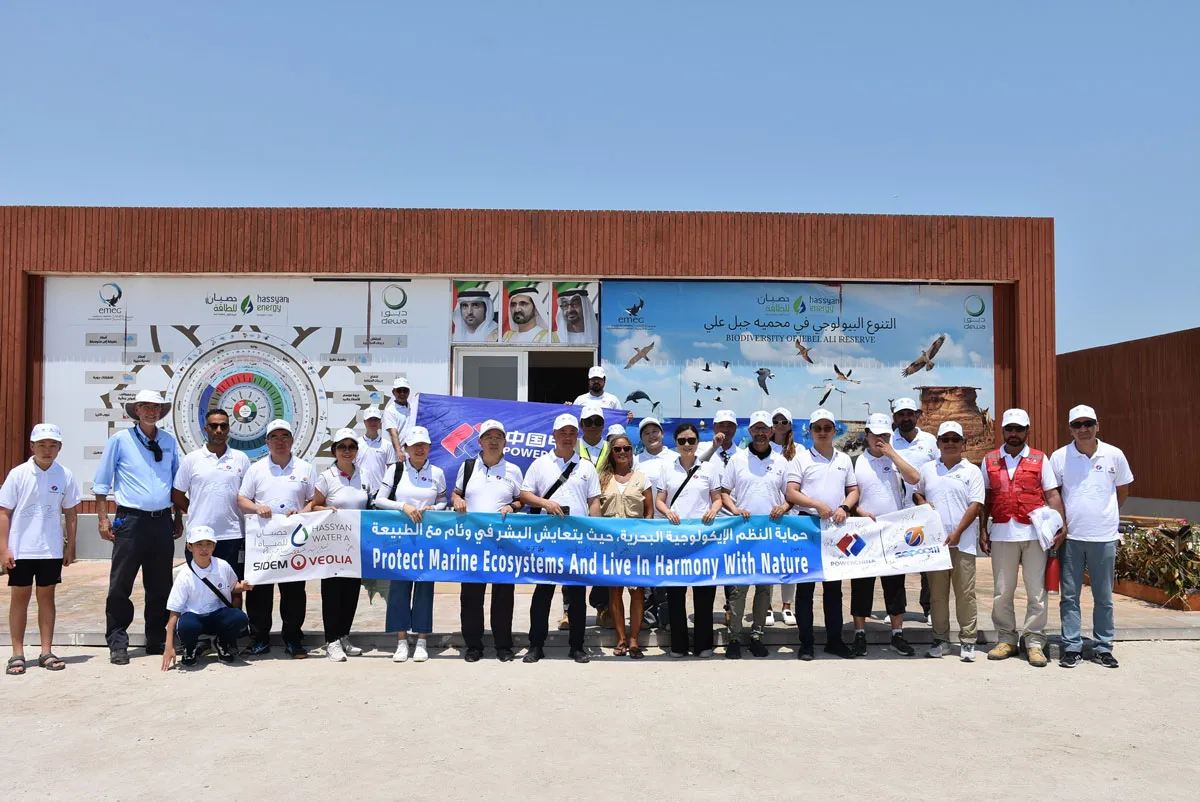
IT Ministry finalising voluntary code of conduct and ethics for AI companies

POWERCHINA Strengthens Global Workforce Through Cultural Integration
Power Construction Corporation of China (POWERCHINA or the Company), which manages multiple infrastructure projects across six continents, continues to emphasise meaningful connections that encourage cultural exchange and shared development. Through local employment, cross-cultural integration, community activities, environmental protection initiatives, and employee development, the Company promotes inclusive growth while demonstrating a strong commitment to people, society, and culture. Across POWERCHINA’s overseas operations, trust is built through actions rather than hierarchy. Maqbul fr..

Bondada Engineering Commissions 48.47 MWp Solar Projects
Bondada Engineering Limited has commissioned 48.47 MWp of solar power projects, reinforcing Bharat’s clean energy transition. Executed for Paradigm IT, MAHAGENCO and NLC India Limited, the developments span Dhule, Sambhajinagar, Jalgaon and Parbhani in Maharashtra, along with Neyveli in Tamil Nadu. The projects aim to enhance regional power availability while supporting national renewable energy targets.The achievement underscores the Company’s emphasis on timely delivery and adherence to stringent quality, safety and operational benchmarks. Each cluster benefited from detailed planning, s..

Himadri Executes First Liquid Coal Tar Pitch Export via New Mangalore
Himadri Speciality Chemical (HSCL), a global leader in speciality chemicals and advanced carbon materials, has executed its first-ever export of liquid coal tar pitch to the Middle East from its terminal at the New Mangalore Port. The 3,600-tonne shipment marks a major milestone for the company and reinforces India’s growing role in the global carbon materials trade.The shipment underscores Himadri’s capability to manage high-volume international deliveries through integrated logistics and stringent quality systems. Alongside its established terminal at Haldia on the eastern coast, the New..

















